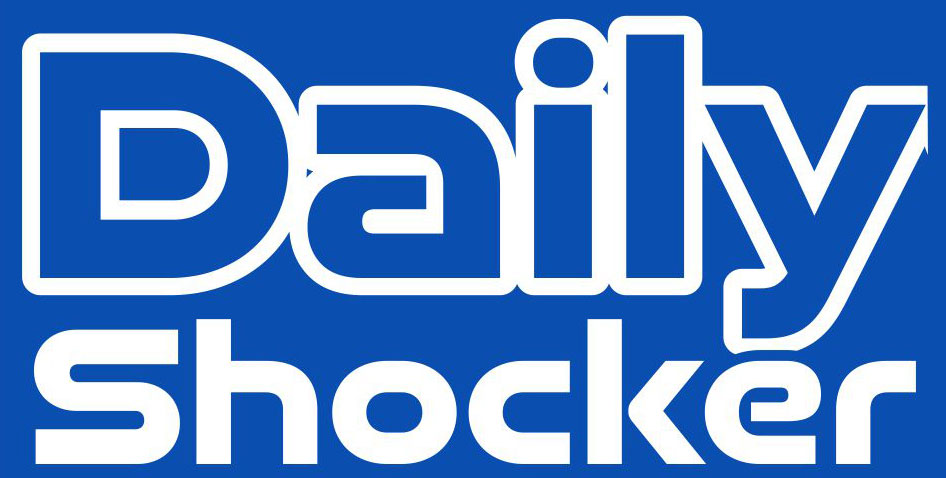
Unexpectedly, Montana Governor Cynthia Luthis just issued an executive order banning the well-known social media app TikTok from the state’s borders. The governor’s attempt to protect the public has been praised by some, but criticism of the decision has been leveled by others who claim it violates their right to free speech. This essay tries to investigate the reasons behind this prohibition, its potential effects on Montanans, and the bigger question of social media regulation.
There are many issues with this.
TikTok’s ban in Montana was decided upon primarily because of worries over data security and privacy. Due to claims of data gathering tactics that could possibly jeopardize users’ sensitive information, TikTok, which is owned by the Chinese corporation ByteDance, has come under scrutiny across the globe. These worries are not specific to Montana as they have been brought up by other nations and organizations.
Protecting People or Limiting Freedom?
The ban’s supporters contend that the governor is acting proactively to protect Montanans’ privacy and shield them from potential data breaches. The restriction attempts to stop foreign organizations from potentially using personal data for illegal purposes. The choice is considered as a reasonable step to protect citizen information given the surge in cyber dangers and worries over data privacy.
However, detractors contend that prohibiting TikTok violates people’s right to free speech and interferes with their ability to use the social media sites of their choosing. They argue that it is an abuse of state power because the platform and regulatory agencies should oversee protecting user data instead of using a blanket ban. Furthermore, detractors claim that such prohibitions could create a risky precedent that would later result in additional limitations on other social networking sites.
Greater Consequences on the Horizon
The Montana TikTok bans sparks broader discussions about social media regulation and the function of governments in preserving user privacy. It highlights the requirement for stringent data protection legislation, ensuring that social media networks handle users’ information in an ethical and open manner. Furthermore, it emphasizes the need for efficient international collaboration to solve issues with data privacy and cyber risks.
Possible substitutes
Alternative solutions could be investigated in place of a complete ban to address the issues related to TikTok and other social media sites. Enhancing monitoring and regulation can be crucial in guaranteeing user data privacy while preserving the right to free speech. Governments, tech businesses, and regulatory agencies working together can result in the creation of comprehensive laws that strike a balance between access to social media and privacy.
The contentious attempt by the governor of Montana to outlaw TikTok in the state raises significant concerns about data privacy and the right to free speech. Although it raises legitimate worries about data security, some contend that such restrictions may impinge on personal freedoms. Governments, legislators, and tech corporations must have frank discussions to come up with practical solutions that safeguard user data while upholding fundamental rights. We can only achieve the ideal balance between privacy and access to social media platforms in an increasingly linked society via rigorous deliberation and cooperation.
Update on Celebrity News – ParisJewelry.com has begun manufacturing a new custom line of celebrity jewelry designs with 30% off and free shipping. OrganicGreek.com’s Vitamin Bottles, Vitamins, and Herbs Will Refresh Your Health. Become a Creator and Influencer on WebFans
14k Yellow Gold 1/4 Carat Round 4 Prong Solitaire Created Diamond Stud Earrings 4mm for Only $59

